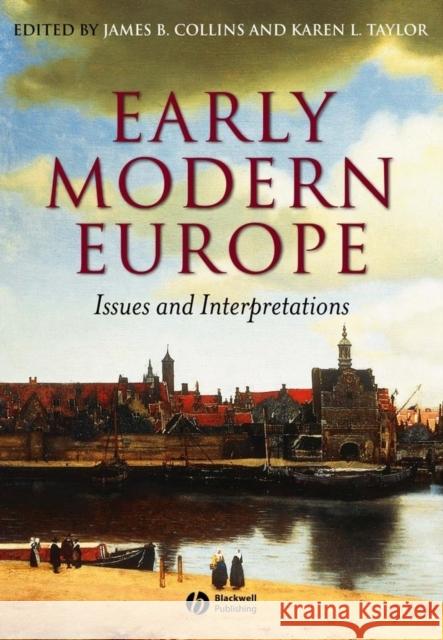Early Modern Europe » książka
topmenu
Early Modern Europe
ISBN-13: 9780631228929 / Angielski / Twarda / 2005 / 480 str.
This reader brings together original and influential recent work in the field of early modern European history.
- Provides a thought-provoking overview of current thinking on this period.
- Key themes include evolving early-modern identities; changes in religion and cultural life; the revolution of the mind; roles of women in early-modern societies; the rise of the modern state; and Europe and the new world system
- Incorporates new scholarship on Eastern and Central Europe.
- Includes an article translated into English for the first time.











